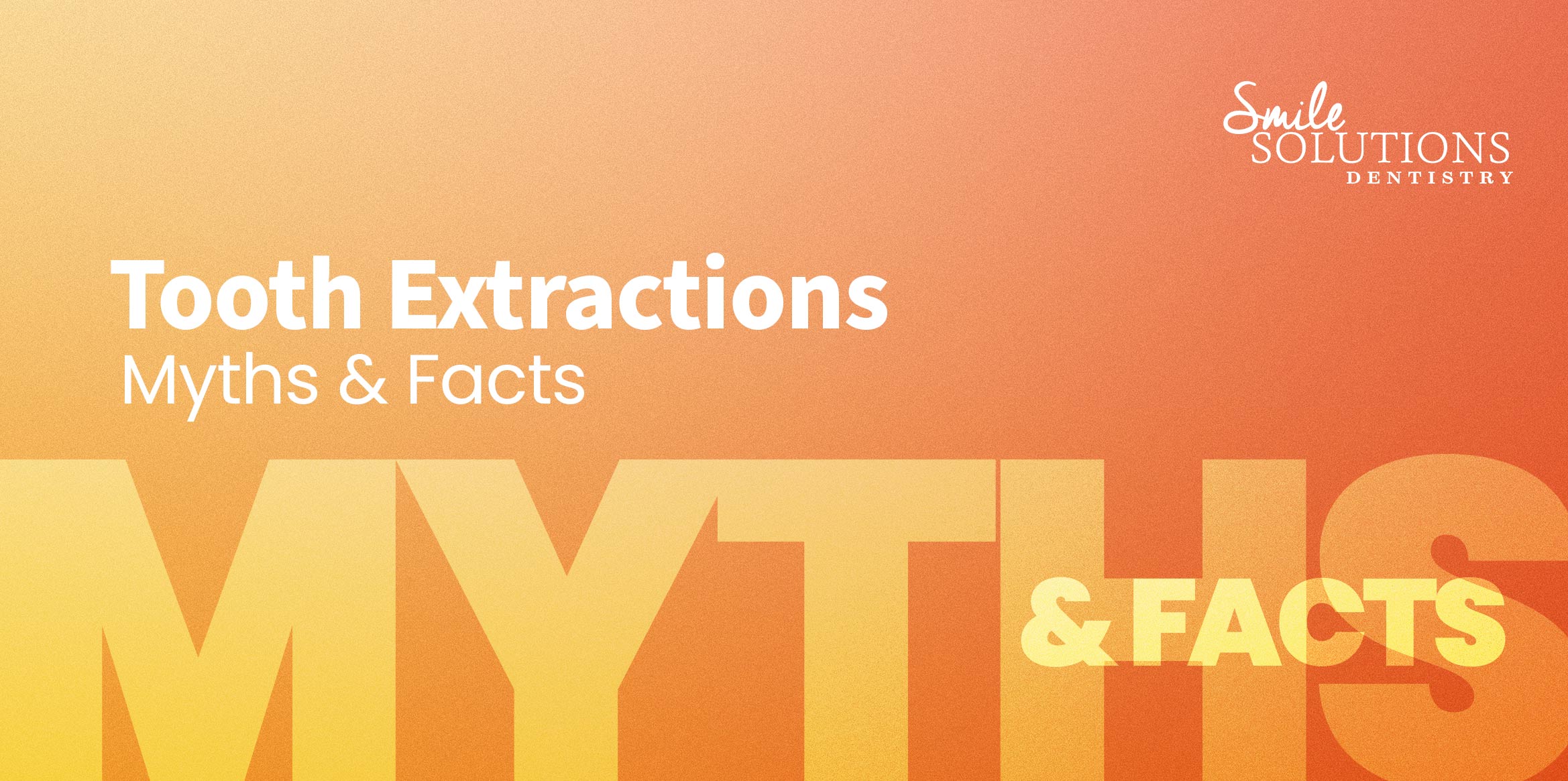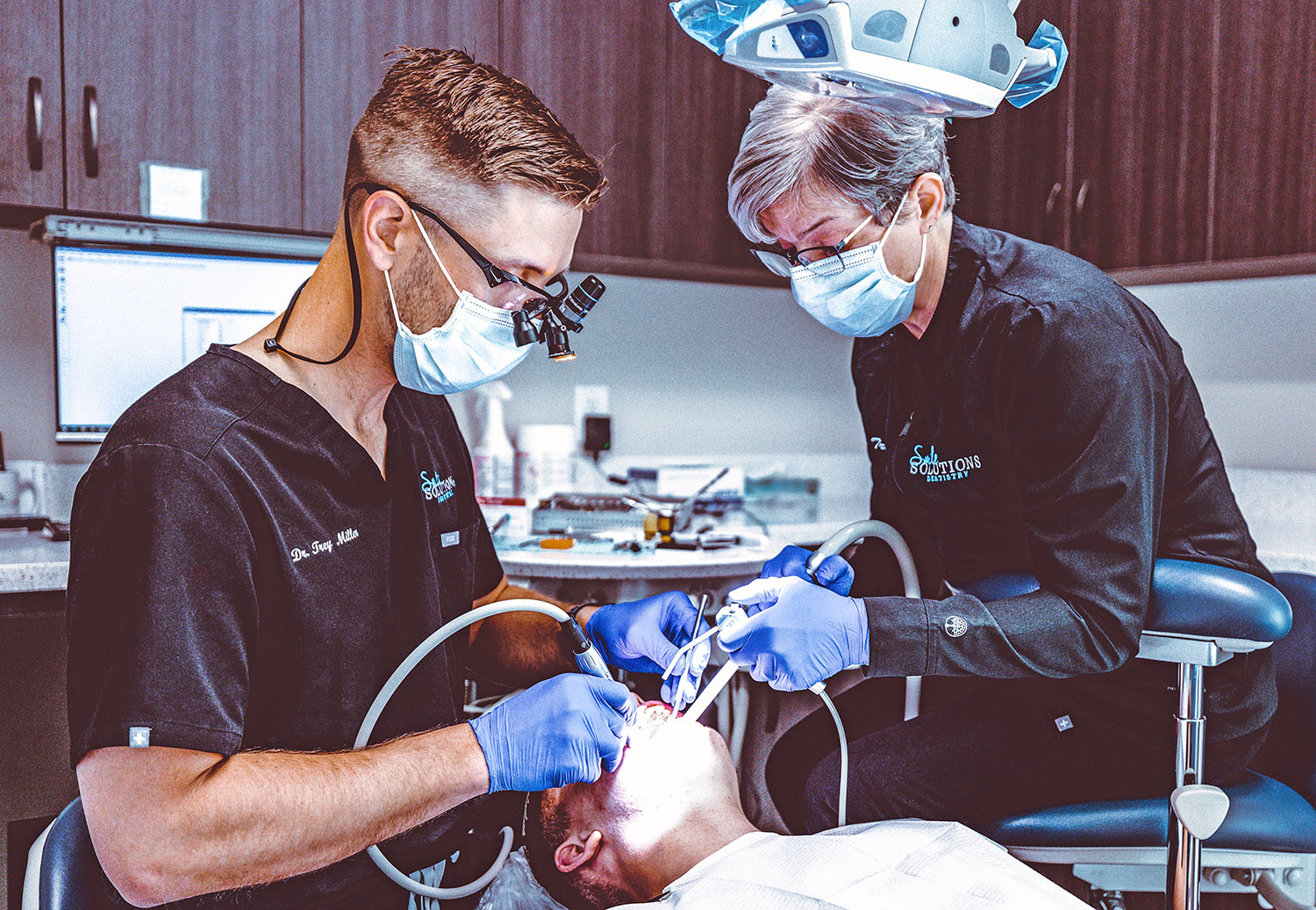Tooth Extraction Myths & Facts
Tooth extractions often conjure up images of pain and discomfort, leading to a fair share of myths and misconceptions. In reality, tooth extractions are common dental procedures that can be essential for maintaining your oral health. In this blog, we’ll debunk some of the common myths surrounding tooth extractions and provide you with the facts you need to know.
Myth: Tooth Extractions Are Always Painful
Fact: Tooth extractions are performed for various reasons, including severe decay, advanced gum disease, crowding, and impacted wisdom teeth. Leaving a damaged or infected tooth untreated can lead to more significant problems and complications down the road, making extractions a necessary step in maintaining oral health.
Myth: Everyone Needs Sedation for Extractions
Fact: Sedation is an option, not a requirement. While some patients may prefer sedation to ease anxiety, many extractions are performed using only local anesthesia, which numbs the area. Your dentist will discuss the best approach based on your specific needs and comfort level.
Myth: Tooth Extractions Are a Lengthy Process
Fact: In most cases, a tooth extraction is a quick procedure, often taking just a few minutes. The time can vary depending on the complexity of the extraction, but your dentist will provide you with a clear timeline before the procedure.
Myth: You Can’t Replace Extracted Teeth
Fact: Modern dentistry offers several options to replace extracted teeth. Dental implants, bridges, and dentures can restore your smile and maintain your oral function. Your dentist will help you choose the best option for your unique situation.
Myth: You Eat or Drink After an Extraction
Fact: While you may need to be cautious about what you eat and drink immediately after an extraction, you can usually resume a normal diet within a day or two. Your dentist will provide specific post-extraction dietary guidelines to ensure a smooth recovery.
Myth: You Don’t Need Aftercare
Fact: Proper aftercare is crucial after a tooth extraction to minimize the risk of complications like infection or dry socket. Follow your dentist’s instructions, including keeping the extraction site clean and avoiding certain activities, to ensure a smooth recovery.
Myth: Tooth Extractions Are a Last Resort
Fact: Extractions are sometimes the best course of action to protect your overall oral health. Dentists will explore all possible treatments before recommending extraction, but it’s not always a last resort. In some cases, it’s the most effective and sensible option.
Conclusion
Tooth extractions are not as intimidating as they may seem. The myths surrounding them often stem from outdated information or misconceptions. If you’re facing a tooth extraction, consult with your dentist, who will provide you with all the necessary information and support to ensure a comfortable and successful procedure. Remember, maintaining oral health is essential, and extractions are just one step in achieving that goal.




